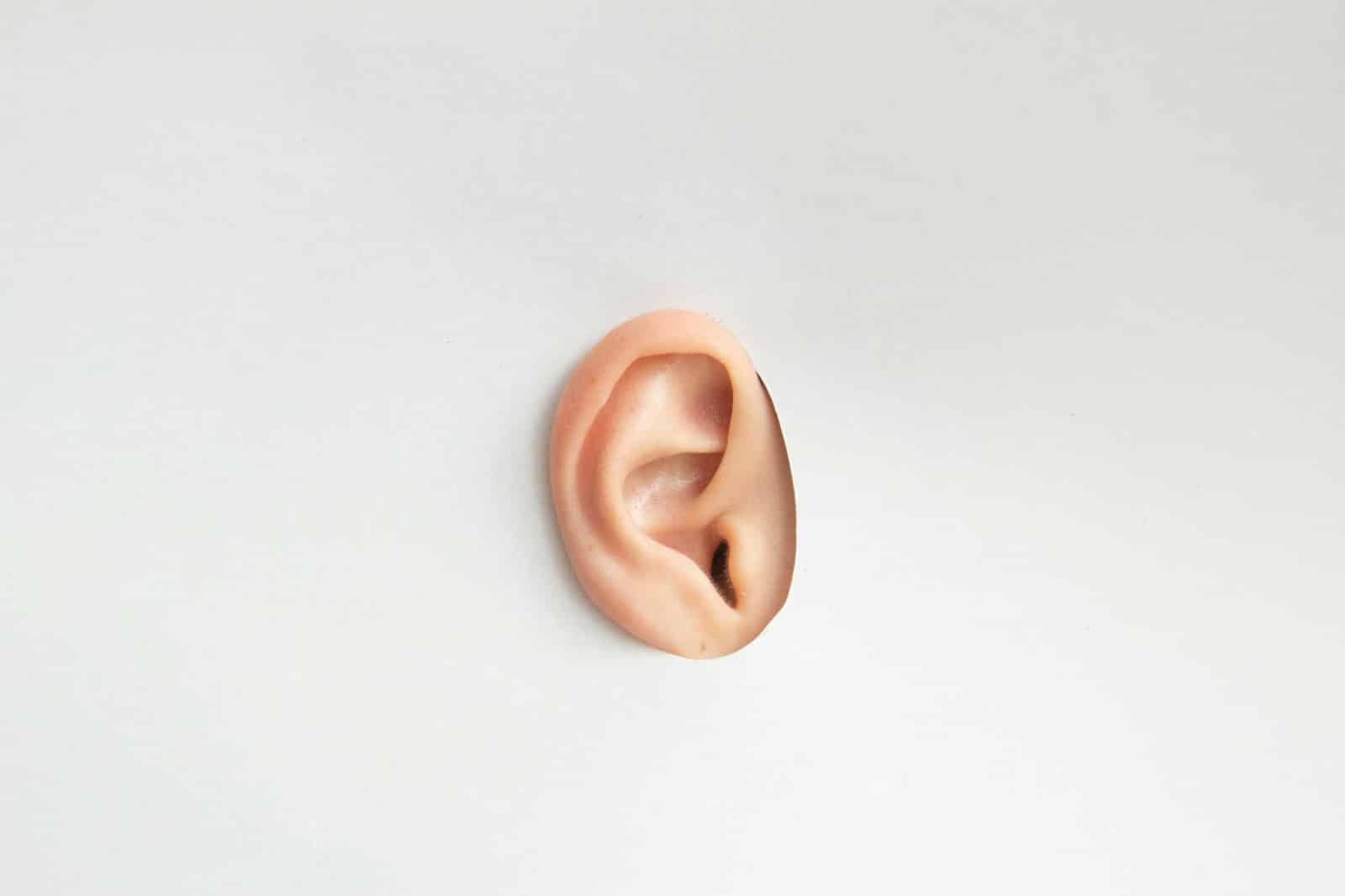
By age 35, a man’s body begins sending subtle messages that are easy to overlook but important to catch. These aren’t dramatic warning signs, they’re quieter cues that something may be off. Ignoring them doesn’t just delay health, it can cost energy, mobility, or even years of life. Knowing what to watch for puts the power back in your hands. Here are 18 body signals men over 35 should never brush aside.
Persistent Fatigue Without Reason

Feeling tired after a long week is one thing. But consistent fatigue, even with good sleep and routine, could point to hormonal imbalances, thyroid issues, or early signs of cardiovascular problems. It’s a red flag when your energy no longer matches your effort. Don’t chalk it up to aging, investigate what’s draining your tank. Energy is your body’s currency, and sudden poverty needs attention.
Brain Fog That Lingers

Struggling to concentrate or remember details isn’t just a result of stress. Chronic brain fog can point to sleep disorders, poor nutrition, blood sugar instability, or even early cognitive decline. It’s not about being forgetful, it’s about function. When clarity drops off, it’s worth checking if your brain’s trying to get your attention.
Low Motivation or Mood Dips

A subtle shift in mood, feeling indifferent, demotivated, or numb, can be a sign of low testosterone, chronic stress, or even depression. Men often normalize this as “being tired” or “just burned out.” But emotional changes often have physiological roots. Mood isn’t just mental, it’s metabolic.
New or Worsening Joint Pain

Aches that used to fade after rest may now linger or intensify. Joint pain, especially in knees, shoulders, or lower back, could indicate early osteoarthritis or inflammation that needs addressing. Ignoring it doesn’t toughen you, it just increases long-term risk. Mobility isn’t guaranteed, so protect it early.
Sudden or Recurring Chest Tightness

Even mild chest discomfort, pressure, tightness, or unusual pain, can signal cardiovascular strain. It doesn’t always present like a dramatic heart attack. If it’s recurring, even occasionally, get it checked immediately. The cost of ignoring this one is too high.
Digestive Issues That Don’t Pass

Gas, bloating, irregularity, or unexplained abdominal pain can point to food sensitivities, gut inflammation, or more serious gastrointestinal concerns. If your digestion feels “off” more than on, it’s not just your diet. The gut is often the first place illness shows up quietly.
Noticeable Loss of Muscle Mass

Losing muscle after 35 is common, but rapid or unexplained loss can suggest more than just age. Hormonal decline, malnutrition, or chronic illness may be at play. Muscle isn’t just about strength, it’s protective tissue. Keep an eye on changes that don’t align with your routine.
Reduced Physical Endurance

If regular workouts leave you unusually winded, or if stairs feel like hills, your cardiovascular fitness may be declining faster than expected. It could be a sign of deconditioning or early heart or lung issues. Don’t brush it off if effort feels heavier than it should.
Weaker Grip Strength

Grip strength is a surprising predictor of overall health and longevity. If opening jars, lifting objects, or maintaining control during workouts feels harder, take it seriously. It can indicate muscle loss, nerve issues, or underlying systemic health changes.
Urinary Changes

Frequent urination, weak flow, or nighttime urgency could be signs of prostate enlargement or early urinary tract issues. It’s common, but not normal to ignore. Early treatment makes a huge difference in preserving long-term health and comfort.
Erectile Changes or Low Libido

While stress and lifestyle can affect performance, persistent changes in libido or erectile strength often signal deeper issues. These could range from hormonal shifts to vascular health problems. The body treats these as canaries in the coal mine. Pay attention.
Unexplained Testicular or Groin Pain

Any new discomfort in this area should be taken seriously. Pain, swelling, or heaviness can indicate infection, torsion, or even early signs of cancer. Don’t let embarrassment override smart action.
Blurry Vision or Eye Pressure

Vision that changes rapidly, especially blurriness or sudden floaters, could signal hypertension, diabetes, or ocular issues. Eye health reflects systemic health more than most realize. Regular checkups can catch more than just vision problems.
Hearing Ringing or Diminished Clarity

A subtle loss of hearing or persistent ringing (tinnitus) isn’t always age-related. It can stem from medication side effects, vascular problems, or noise damage. Early diagnosis helps preserve this critical sense before permanent damage occurs.
Changes in Skin or Moles

A mole that changes shape, color, or size, especially after 35, should be examined. Melanoma and other skin cancers often start quietly. Sun damage builds up, and skin becomes more vulnerable. A 10-minute exam could save your life.
Unintentional Weight Loss or Gain

Sudden changes in weight, either up or down, deserve scrutiny. They might reflect thyroid issues, metabolic dysfunction, or early chronic disease. Weight is a signal, not just a number. Don’t just adjust your diet, ask what’s driving the change.
Frequent Headaches or New Migraine Patterns

Recurring or suddenly intense headaches after 35 should raise concern. While often stress-related, they can also be tied to blood pressure, neurological shifts, or vascular issues. Especially if headaches change in pattern or intensity, get a medical opinion.
Persistent Dry Mouth or Excessive Thirst

Always feeling parched, even with good hydration, can be an early sign of prediabetes or autoimmune conditions. Saliva is part of digestion and immune defense, so when it drops off, there’s often a deeper reason. Don’t wait until symptoms stack up.
Conclusion – When in Doubt, Check It Out

Your 30s and 40s are still prime years, but only if you tune into what your body is quietly telling you. The signals above aren’t meant to alarm, they’re reminders that maintenance matters. Acting early gives you more options, better outcomes, and longer vitality. It’s not weakness to seek answers, it’s wisdom. Stay sharp by staying proactive.






Ask Me Anything